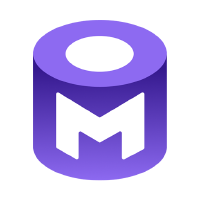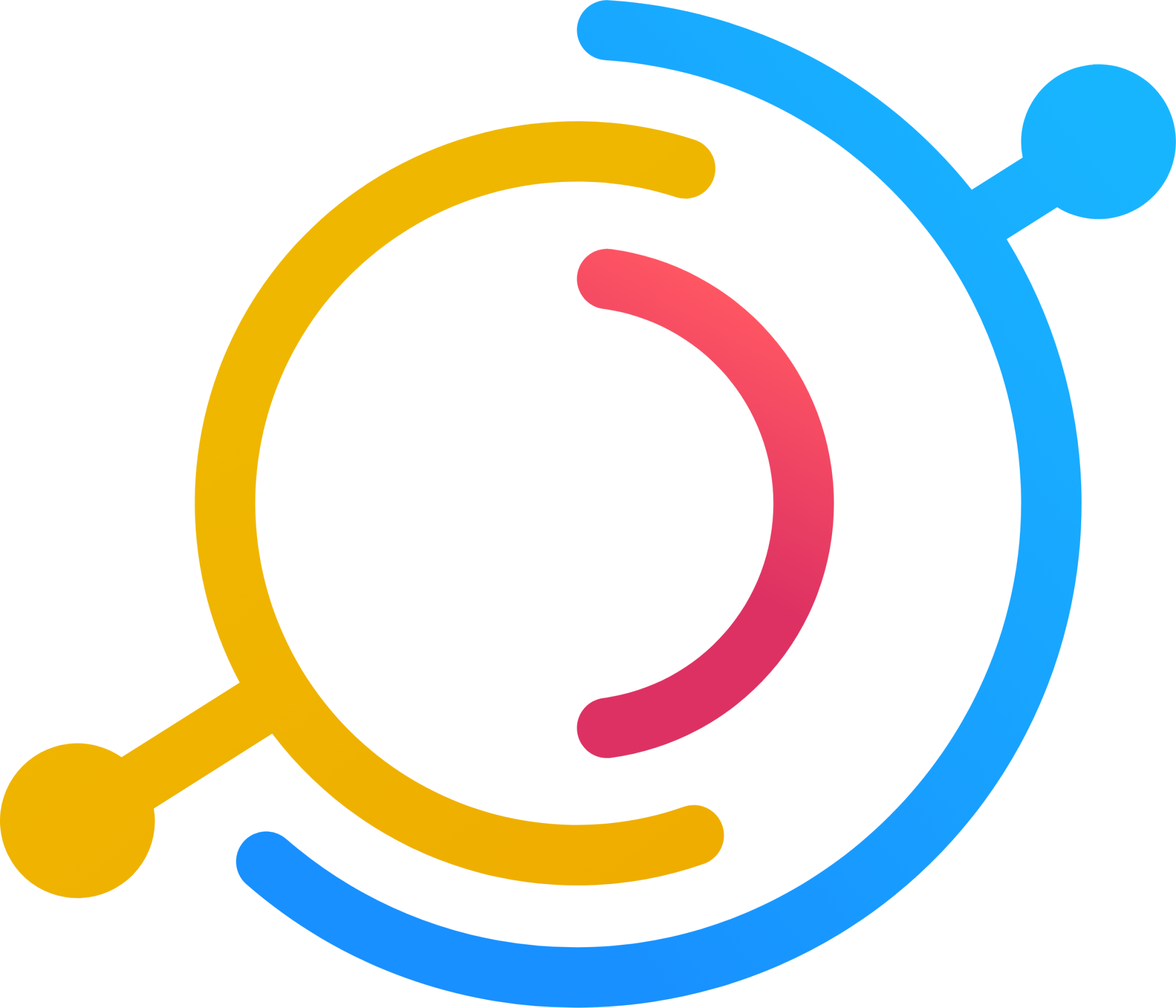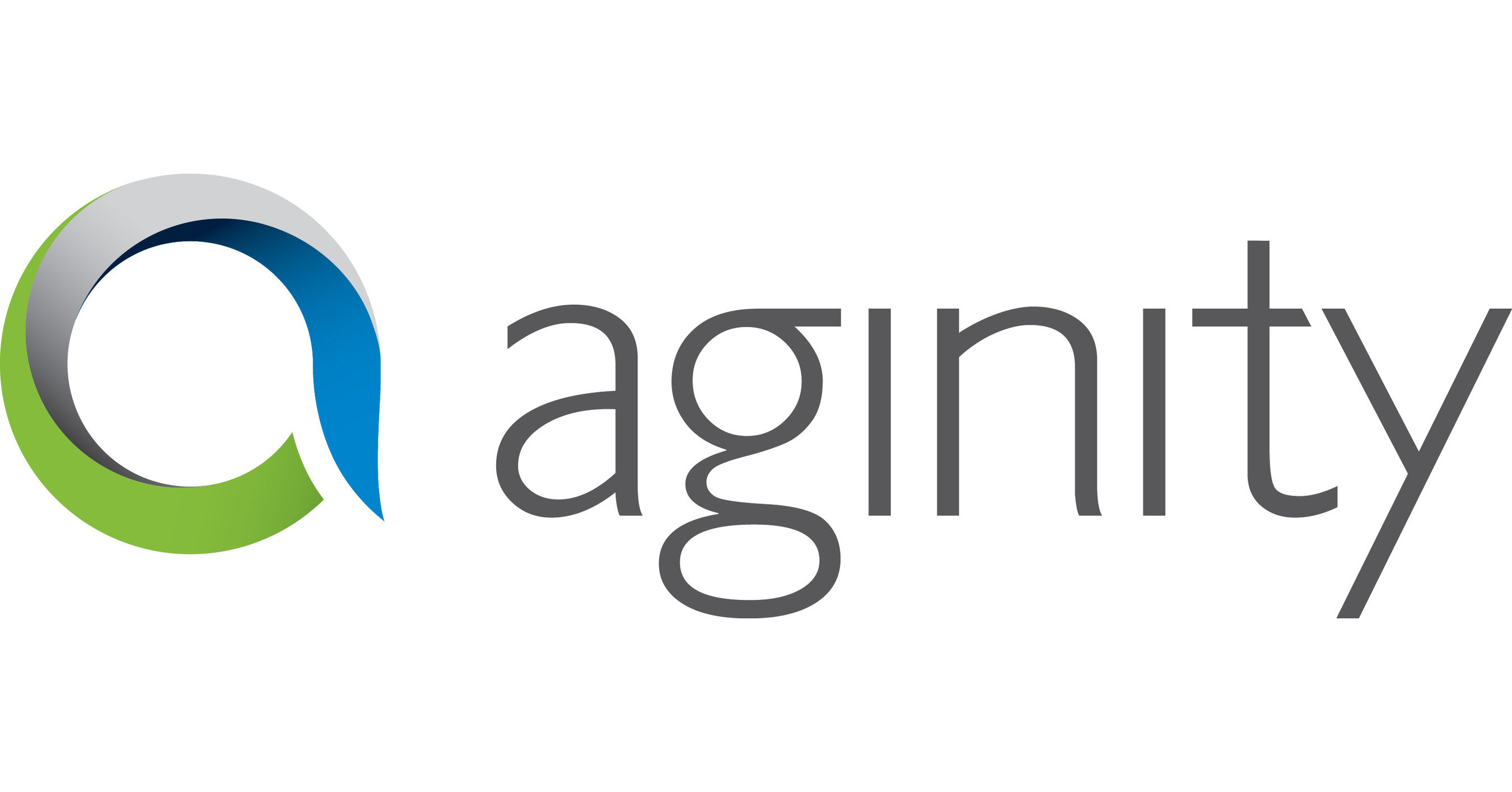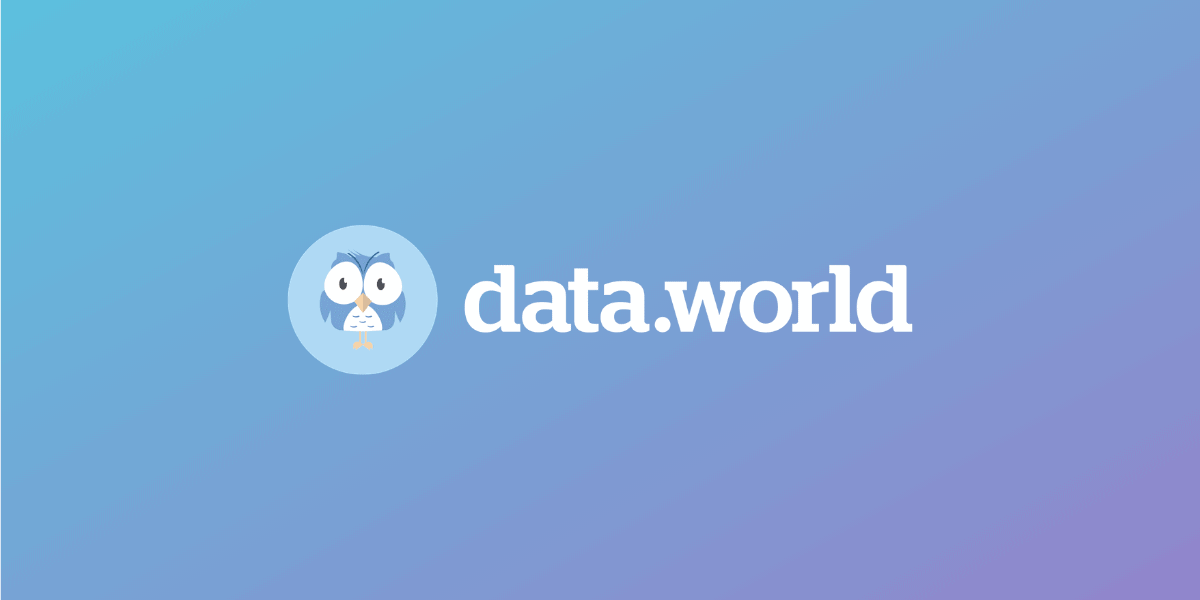With ever-growing data, you need better visibility into your data for deeper analysis and better insights. At the same time, the data needs governance to protect it from external threats.
This brings us to the need for data cataloging tools to help with data administration, cost savings, fraud and risk mitigation, operational efficiency, and gaining competitive advantage.
This blog will discuss some of the best open-source data catalog tools and their features, along with a few other alternatives, and will help you choose the right tool for your business. Let’s dive in!
Table of Contents
Why Do You Need Data Catalog Tools?
The data catalog tools are needed for the following real-world use cases:
- Empowered self-service analytics: Data catalog tools help users not only access data but understand it, too. Data cataloging is becoming essential for non-technical users today because it helps them navigate through unstructured data elements, see the business context, and manage resources better.
- Demonstrate the provenance of data for establishing compliance to govt regulations: Organizations need to comply with data privacy and usage regulations based on the geography/country/city they operate in, which can be tedious, time-consuming, yet the most important job. A data catalog tool makes this process seamless.
- Maintain data access hierarchy: Data governance is a big part of the data cataloging process. This means, for streamlining processes inside an organization, a data vocabulary that everyone agrees with is imperative — a data catalog tool allows you to achieve the same.
- A data catalog is essential for tracking and managing data assets, and it works hand-in-hand with data engineering tools to ensure consistency and clarity across your data pipelines.
- Many data catalog tools offer integrated metadata management capabilities, helping teams keep track of data origins, usage, and modifications for improved governance and data lineage
Looking for the best ETL tools to connect your data sources? Rest assured, Hevo’s no-code platform helps streamline your ETL process. Try Hevo and equip your team to:
- Integrate data from 150+ sources(60+ free sources).
- Simplify data mapping with an intuitive, user-friendly interface.
- Instantly load and sync your transformed data into your desired destination.
Don’t just take our word for it—try Hevo and experience why industry leaders like Whatfix say,” We’re extremely happy to have Hevo on our side.”
Get Started with Hevo for FreeWhat are the Top 6 Open Source Data Catalog Tools?
Here is a list of the best data catalog tools on the market. These tools will help you manage your data by collecting, organizing, and governing operations.
1. Apache Atlas

Apache Atlas is a metadata management and data governance tool. It helps organizations efficiently locate, archive, and deal with complex data assets. Atlas has open-sourced its design, which has led it to become the fundamental component of the modern data platform.
It helps organizations in using metadata to picture the kin better. It also streamlines data analytics operations throughout the organization for correct decision-making.
Key features offered by Atlas:
- Apache Atlas’s skeleton consists of three essential components: the Type system, Graph engine, and Import/Export functions.
- Organizations can leverage the pre-built architecture and contribute to the development process to build processes for new use cases.
- It offers centralized data governance operations for better quality analytics.
2. Marquez

Marquez is a modular system designed as a highly scalable, extensible, platform-agnostic solution for metadata management. It allows highly flexible data lineage queries across all datasets while reliably and efficiently associating upstream and downstream dependencies between jobs and the datasets they produce and consume.
Key features of Marquez
- Enables users to perform metadata management and lineage visualization, with a special focus on integrating with tools like dbt and Apache Airflow.
- The ability to scale infrastructure and performance
- A modular architecture to support extensibility
3. OpenDataDiscovery

The open-source Data Discovery Platform improves productivity, collaboration, and governance of modern data products and teams. It is an open-source, community-driven platform with best practices for managing your metadata.
The target audience for ODD is any data team, regardless of its size. It can be enterprises or large-scale companies challenging the concept of a data mesh, small and mid-scale companies seeking an OSS data catalog solution, and DS teams seeking better data governance.
Key Features of ODD
- End-to-end Data Objects Lineage
- End-to-end Microservices Lineage
- Activity Feed for Monitoring Changes
- Dataset Quality Statuses (SLA)
4. OpenMetadata

OpenMetadata provides an all-in-one platform for discovery, observability, and governance powered by a central metadata repository, deep lineage, and smooth team collaboration. OpenMetadata harnesses the power of Open Metadata Standards and APIs and active connectors to all varieties of data services for end-to-end metadata management, enabling you to unlock the value in your data assets.
Key Features of OpenMetadata
- It relies upon PostgreSQL’s graph capabilities to store relationships.
- OpenMetadata enables you to discover your data using a variety of strategies, including: keyword search, data associations (e.g., frequently joined tables, lineage), and complex queries.
5. Amundsen
Amundsen, named after a Norwegian explorer, Ronald Amundsen, is a data discovery and metadata engine. The Lyft engineering team developed the software to address common pain points.
In general, Amundsen was built to create a centralized data cataloging repository from different data sources and create visibility into how particular processes are evolving using metadata.
Key features offered by Amundsen:
- Using a simple text search, users can find data with extended features of showing in-line metadata, too.
- The added information into the data blocks feature reduces the need to look back and forth or navigate through data, helping save time.
- The software also indicates popularity ranking and recommended sources of frequently used/visited data tags with relevant search results.
6. DataHub

DataHub is a modern data catalog designed to streamline metadata management, data discovery, and data governance. It enables users to efficiently explore and understand their data, track data lineage, profile datasets, and establish data contracts.
Its unique architecture allows companies to scale processes in accordance with the increase of metadata management capabilities.
Key features of DataHub:
- Data Discovery: Advanced queries and the filter sidebar help fine-tune queries. For programmatic users, Datahub also provides a GraphQL API.
- Data Governance:
- Data Quality Control
- DataHub supports creating, configuring, scheduling, & executing batch metadata ingestion using the DataHub user interface.
Other Tools You Might Consider
1. Aginity

Aginity is considered to be one of the best data catalog software. The reasons vary, from its easy-to-understand product ecosystem and SQL friendliness to on-demand service scalability options.
It not only catalogs all the company data but also catalogs the math utilized to create analytics.
Aginity is also popular because of its easily accessible data governance and data cleansing capabilities.
Key features offered by Aginity:
- Aginity offers users the opportunity to leverage a “write-once, use everywhere” go-to analysis approach that saves time and maintains enterprise-wide logical operations synchronicity.
- Aginity helps increase collaboration amongst teams, manage analytics workflow for reliable and easy categorization, and promotion, and enhance analytics assets throughout the organization.
2. Alation

Alation is a rapidly growing data governance platform that returns search results within seconds without querying. Alation users benefit from its machine learning capabilities, which help them understand and use their data better.
Alation data catalog tool uses active data governance to put people first so your employees can access the data they need at their fingertips.
Key features offered by Alation:
- It has an interactive UI for quick search and discovery of usage patterns to understand data quality and context.
- Alation provides its users with a guided navigation setup that helps them find information easily.
- Using Alation’s valuable services, you can speed up your time to insight and improve active data governance across your organization.
- It offers a built-in SQL editor along with a natural language search.
3. Atlan

Atlan was founded in recent years. It unifies metadata from diverse sources, such as Snowflake, dbt, Databricks, and others, into a single source for data cataloging, lineage, governance, and discovery.
Atlan has a feature of promoting the bi-directional movement of metadata. It streamlines and enriches the operational environment for data teams contextually.
Key features offered by Atlan:
- It supports easy collaboration, with the ability to integrate common data workflows seamlessly.
- You can fully customize the ingestion of your metadata with the Open-APIs.
- It lets you search using both natural language and SQL.
Hevo Data offers top-of-the-line data transfer and migration services to cater to today’s data warehousing needs. And it’s simple, too.
You just select and configure a source and a data warehouse or the desired destination. That’s it. From here, Hevo will take charge of operations in a fully automated and secure manner.
MIGRATE YOUR DATA FOR FREE4. AWS Glue Data Catalog
AWS Glue is an ETL service by AWS that is completely managed. Its data catalog feature allows you to use metadata while integrating data into data warehouses or data lakes on AWS Cloud.
AWS Glue ensures adherence to data governance standards by monitoring modifications to schemas and managing data access permissions.
Key features offered by AWS Glue Data Catalog:
- It stores the metadata for all your data assets regardless of where the data is stored.
- It enables efficient and cost-effective querying.
- AWS Glue Data Catalog maintains a comprehensive schema version history to help you understand how your data has changed over time.
5. Collibra
Collibra helps unify data across individuals, teams, people, organizations, and systems and is one of the best data cataloging tools in its class. It provides a quality data catalog with embedded governance and privacy options.
This tool can be combined with data silos into a complete and scalable cloud service platform that anyone, anywhere can access. Collibra is safe and compliant with enterprise-level standards.
Key features offered by Collibra:
- It has a smart and easy-to-use interface with additional features such as self-service and fast ML capabilities.
- Collibra provides a ready-to-use operating model and a flexible structure for all types of data.
- The Collibra Connect feature can link data sources, business applications, data lakes, data quality systems, and all metadata sources into one response system to give you a comprehensive view and complete control.
6. data.world

data.world is a cloud-native enterprise data catalog platform for modern data stack. The tool’s Search Builder allows users to perform comprehensive searches with multiple filters, logical operators, categories, and custom metadata fields.
Its unique service architecture presents an agile solution to all your data storage, analysis, and governance needs. data.world is publicly positioned as a Public Benefit Corporation and is also certified B.
Key features offered by data.world:
- It offers you with a complex search option for comprehensive information gathering.
- The world systematically looks for sensitive data for tracking and informed data management.
- data.worlds’ Sensitive Data Discovery automates implementing policies enterprise-wide saving crucial person-hours and preventing data correctness issues.
7. Tableau Catalog
The Tableau Catalog was developed to enhance data discovery for organizations using Tableau. It automatically ingested Tableau datasets into a centralized repository and offers data lineage to improve analytics.
Key features offered by Tableau Catalog:
- It offers features like data quality alerts and contextual metadata, providing you with the information needed to validate data sets for analytical purposes.
- It has an alert system to tell the end user about the change in data quality.
- It also offers a set of APIs for analysis of metadata from other applications by ingesting them.
How To Select Data Catalog Tools?
When you are confronted with so many options to choose from, in the data catalog tools market, these judgments can be of help. To help you choose the best data catalog tools, here are a few questions to discuss:
- Who will use my data catalog tools? Different individuals and departments in an organization have different needs. Step one is to be clear about which individual or group will access your data catalog tool. For example, a Data Scientist may use a data catalog tool to inspect metadata while a Chief Data Officer may use it to view the analysis.
- Which deployment is right for my company? Think about the pros and cons of using cloud vs on-premise data catalog tools before picking your solution. If you want security and compliance, your on-premises solution is sufficient. If you prefer accessibility, cloud tools are your yes.
- Does it support my existing workflow? Always check whether your current processes align with that of the new software. Because the data catalog software will require integration with the data lake. Investing time and money in software that requires massive changes don’t make operational sense.
- If a demo is available, evaluate it first! Some vendors provide free trial periods. Leverage them to try the software firsthand. And evaluate it through and through.
What are the Advantages of Using Data Catalog Tools?
Data catalog tools come in different shapes and forms. But by and large, they offer you the same set of advantages, like:
- Quality catalog of all your data.
- Data flow tracking between different data types.
- Identification of flaws in your data flow and their remedies.
- Sensitive data management capabilities.
- Little to no risk of data breaches.
- Machine learning qualities to help manage big data seamlessly.
Related Articles
- Google Cloud Data Catalog
- What is Data Catalog 3.0? Modern Metadata Management Guide
- 15 Best Data Governance Tools for 2024
Conclusion
As we end this blog, you have a list of data catalog tools to choose from. You also know how to choose the right tool for your business.
Swift data movement into a data warehouse is imperative to making a data catalog tool the go-to solution for enterprise-wide data governance, management, and analytics—and Hevo can help you!
Visit our Website to Explore HevoFrequently Asked Questions
1. What are data Catalogue tools?
Data catalog tools help organizations manage and organize metadata, making it easier to discover, understand, and govern data. These tools create an inventory of data assets with information about their location, content, and use.
2. What is the best data catalog?
Some popular and highly regarded data catalog tools include:
-Alation
-Collibra
-Atlan
-DataHub
3. What is an example of a data catalog?
An example of a data catalog would be Alation, which provides metadata management, data discovery, and collaboration features, helping users find and understand enterprise data.





